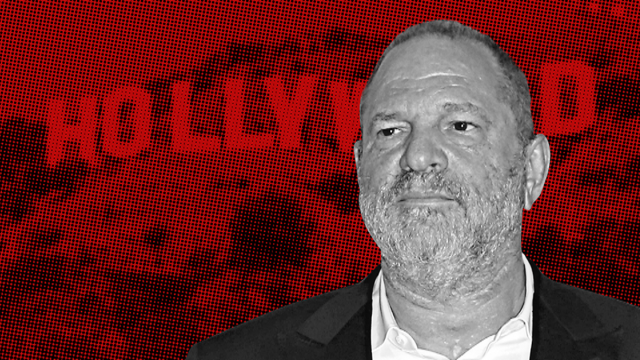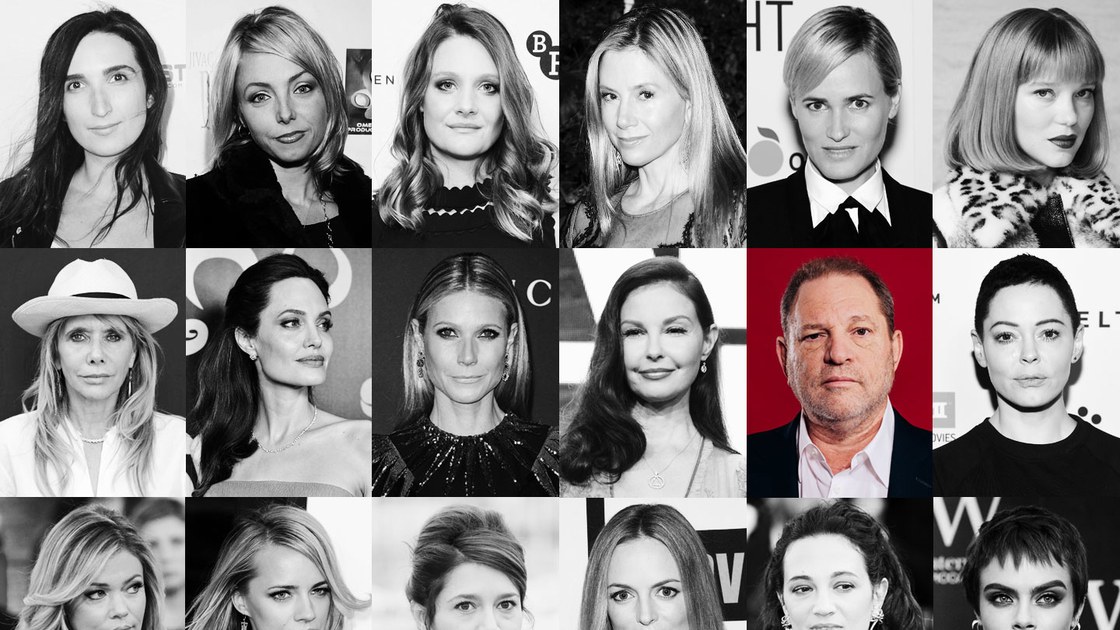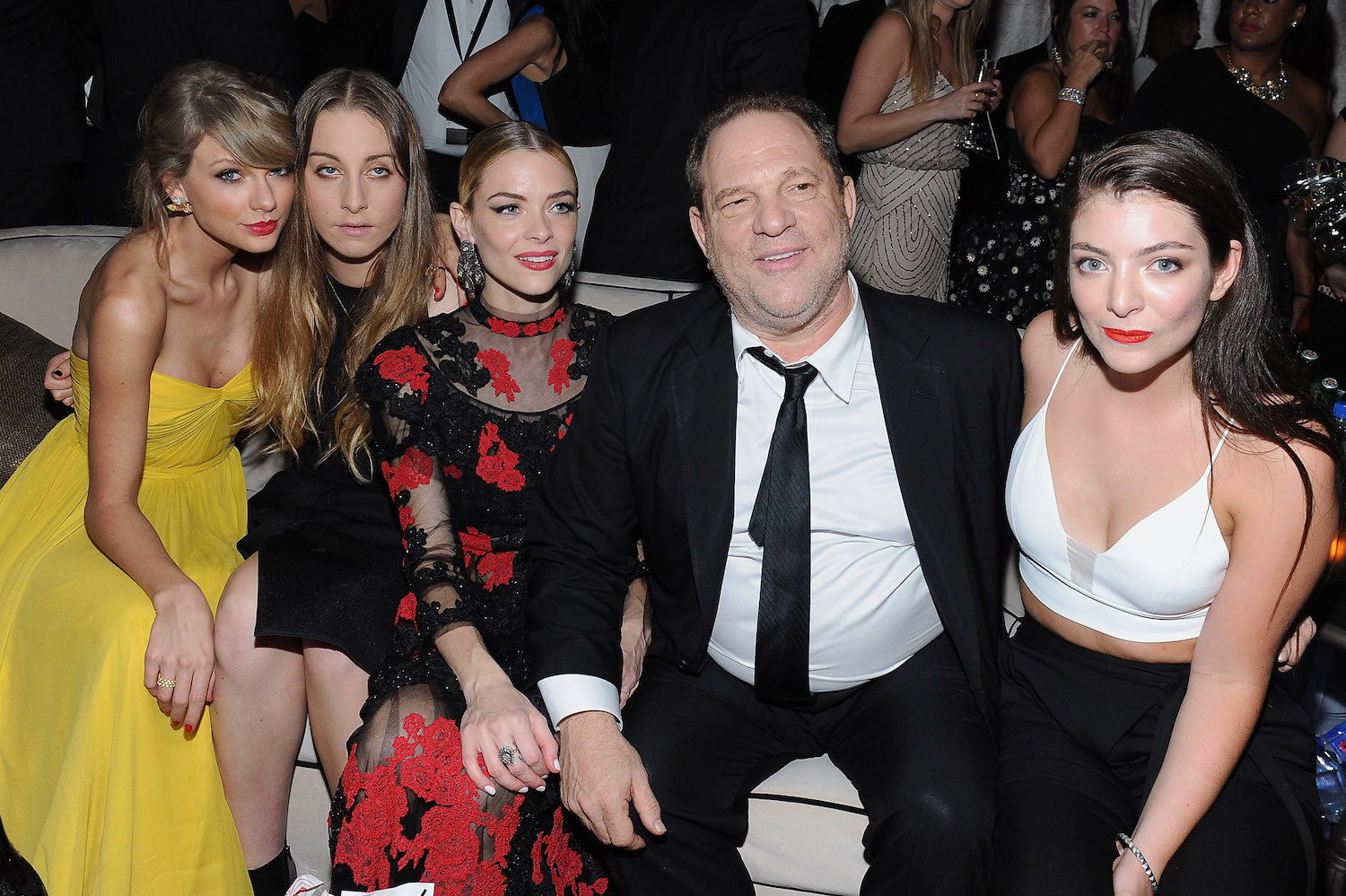
No sooner had word of Harvey Weinstein’s sexual misconduct rocketed round the world than it was followed by news of similar sleazy behaviour going on behind closed doors at Westminster. It seems no high-profile, well-paid industry is immune to stories of inappropriate sexual harassment.
Meanwhile, individuals who have suffered similar harassment in their less "glamorous" jobs – which are often low-paid and unskilled – go unreported, unnoticed and kept firmly in the closet.
Restaurant Work is a Hotbed for Sexual Harassment
The traditionally low-earning job of waiting tables is rife with sexual harassment, according to a report issued by the Restaurant Opportunities Center, a workers organization that supports the rise of the federal minimum wage, and the community advocacy group Forward Together.
The report, Glass Floor Sexual Harassment in the Restaurant Industry, found that 59 percent of the women surveyed, and 50 percent of men, reported sexual harassment on at least a monthly basis. The report concluded that sexual misconduct in the restaurant sector – an industry that occupies seven of the 10 lowest-paid occupations – is endemic.
In 2016, the U.S. Equal Employment Opportunity Commission (EEOC), a government agency responsible for processing reported sexual harassment complaints, released a comprehensive study into sexual harassment in the workplace. The report found that while sexual harassment in the workplace is not industry-specific, certain environments are worse than others.
Emily Martin, general counsel and vice president for workplace justice at the National Women’s Law Center, confirms that sexual harassment tends to be more prolific in low-paid jobs. “Women in low-wage jobs, like hotel cleaners or farm workers, experience high levels of harassment because they do not have the bargaining power to push back,” says Martin.
The EEOC report concluded that unionised workforces try to offer workers better protections against intimidating male behaviour, encouraging the victims to come forward and report the abuse. These unionised workforces have associated pay equality and view women being paid equal to men – or earning higher salaries – as helping foster a more open culture around the reporting of sexual harassment.
To date, the torrent of public revelations about sleazy business in the entertainment, politics, tech and media industries haven't managed to open the floodgates for women, and in some instances men. And in less elite industries, cases of sexual harassment are copious but tend to go unreported.
Fear of Speaking Out and Losing Their Jobs
Karen Holden, the CEO of A City Law Firm, provided some insights into why sexual harassment tends to stay concealed in traditionally low-paid jobs.
“Some of these workers may not be aware of their employment rights or have the support from the companies to ask for advice. So this behaviour may go unchallenged,” Holden told Occupy.com. “Fear of losing their job is far more of a factor for those in less competitive roles. If you’re the main bread winner, a single parent or supporting a family, then losing your job is far more serious and thus they may be afraid to speak up about the behaviour.”
Lack of confidence and fear of being disbelieved – especially when taking on a director or well-respected boss – can also be a factor. Holden said in skilled or competitive roles, or highly paid jobs, harassment and discrimination is still rife but there is a tendency for confidential settlements to be reached in order to keep the issues private.
“We have seen numerous cases where actually the employer, or its employees as the harasser, should have been arrested, let alone dismissed. However, as an employment lawyer acting for employees, you care more about getting your client out of the harmful environment and compensating them comfortably enough so that they can start again. You have to do this confidentially and ensure that a reference can help them to restart elsewhere,” she added.
“Everything is geared up to protect employees legally, but practically there are so many hurdles, fears, costs and long-term consequences that prevent someone [from] exposing behaviour.”
Media's Absence of Focus on the Victims
While shedding light on the negative consequences for victims revealing sexual harassment, the Weinstein-induced onslaught of sexual misconduct scandals among the rich and powerful has also exposed a lack of victims’ voices in the press. Even as mainstream media remains intent on keeping the perpetrators of sexual misconduct the focus of the headlines, those on the receiving end of abuse have been comparatively banished to the shadows in stories.
A blatant example is the British tabloid The Sun, which ran the headline: "Harv’s Brit ‘Victims’: Harvey Weinstein accused of sex attacks by SEVEN British women, Scotland Yard confirms." The article proceeds to talk about the Hollywood producer, the alleged assaults and Scotland Yard’s investigations. It pays little attention to the victims and, out of the six photographs published with the story, four are close-ups of Weinstein himself. Just two are devoted to the seven female sufferers.
Making a Mockery of the Harassment Scandals
One could be forgiven for believing that the tabloids are enjoying the sexual harassment trend, glamorising while mocking the pain and angst of others. A potent example of this is the recent story published by the Daily Mail, headlined: "Sex predators who make our knee-stroking MPs look like choirboys! How a previous Westminster generation included a PM nicknamed ‘The Goat'’’.
The story lists former British MPs who had allegedly been involved in promiscuous sexual antics. Again, the former victims of the roving MPs’ hands are a submissive and under-reported part of the Mail’s story.
It seems, in fact, that one of the only victims considered worthy of headline exposure in the flurry of sordid tales of misconduct and harassment at Westminster is the high-profile political figure, Andrea Leadsom, a Conservative politician who became Leader of the House of Commons in June.
Leadsom ignited headlines when she announced she had complained about the inappropriate behaviour Sir Michael Fallon had shown her. Admitting he had "fallen short of the standards expected", Fallon resigned as defence secretary. But instead of showering Leadsom with sympathy and support for her role on the receiving end of Fallon’s behaviour – and for exposing truths within Westminster – Leadsom was depicted as the rogue.
The Daily Mail twisted the story so it focused on the possibility that Leadsom had spoken out about Fallon’s "vile language" to essentially save her own job. The headline read: "Is this a way to secure her political survival? Commons Leader faces backlash after it emerges she played key role in resignation of Defence Secretary in sleaze row."
Interest will inevitably wane following the media’s frenzy of stories documenting the sinister goings-on in high-profile sectors involving high-profile people. But for the victims of harassment whose stories rarely get explored, the feelings of humiliation and disrepute, regardless of job, class or background, are unlikely to subside.
3 WAYS TO SHOW YOUR SUPPORT
- Log in to post comments













